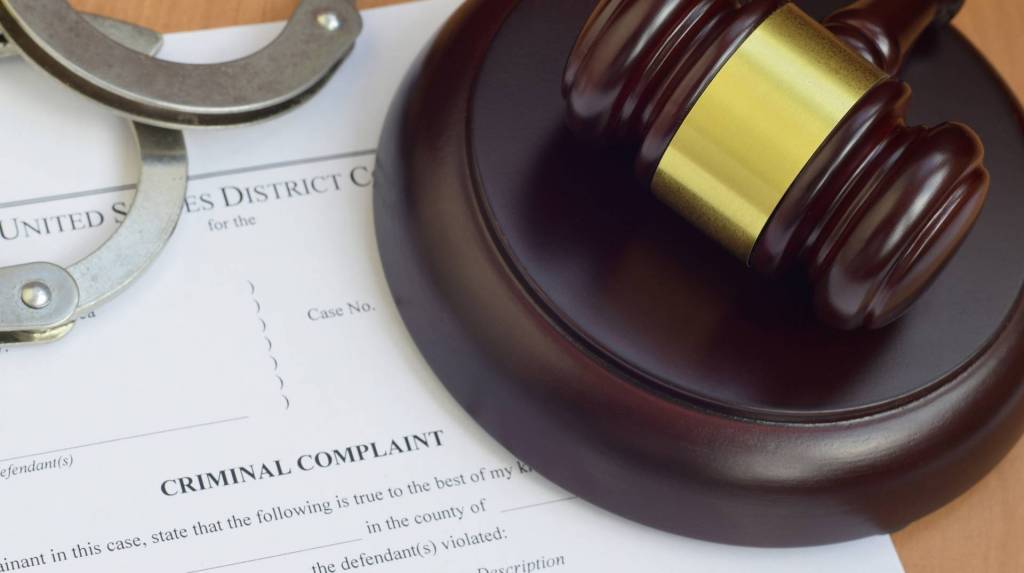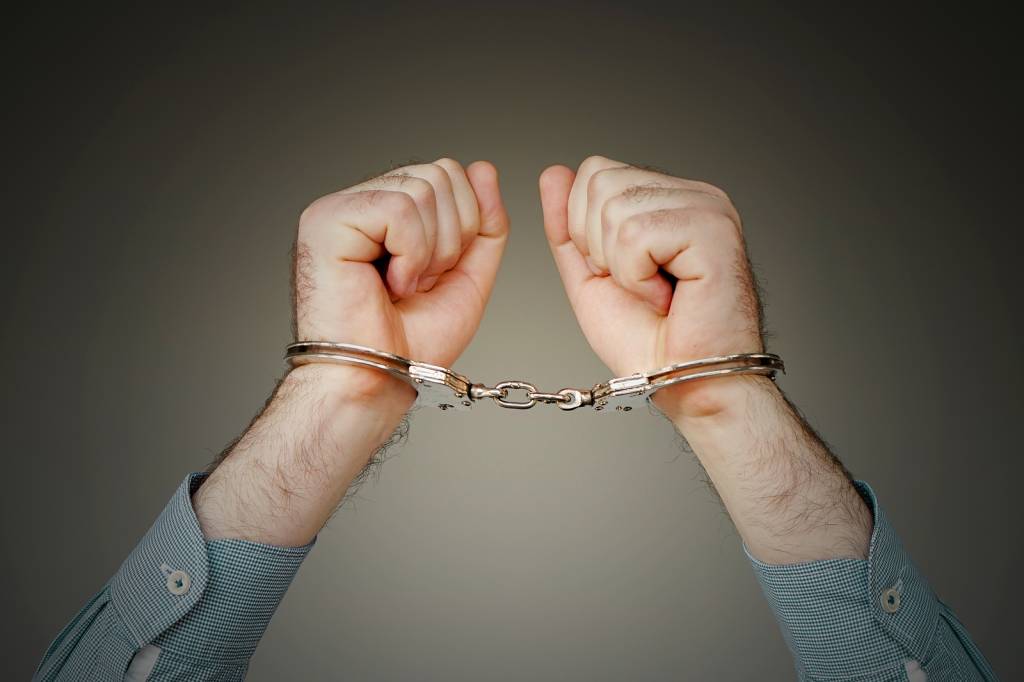Every defendant has a right to testify or not to testify. In most cases, the defendant will decide whether to take the stand in consultation with a lawyer. But even in cases where the defendant feels like they should tell their side of the story, experienced criminal attorneys will often not encourage you to testify on your own behalf.
Crime victims and witnesses, on the other hand, are often required to testify at a trial. Their participation in court proceedings is critical in the determination of the guilt or innocence of accused persons.
What Should I Know If I Am to Call Myself as a Witness?
It is not the best idea for people to represent themselves in court, although there are some situations people do represent themselves. Remember that the other party’s lawyer may wish to cross-examine you just like any other witness.
The first thing you should know is that there’s a lot to learn about the court, and you shouldn’t assume to understand the process, procedures, or the law. A friend may have gone through a situation that looks similar to yours, but these two scenarios may have to be dealt with differently. In the same vein, watching legal TV shows doesn’t mean you will be aware of what to do and say in court.
At the bare minimum, it is recommended to seek legal advice even though the attorney won’t be representing you. Go ahead and take advantage of the free consultation lawyers offer and ask questions.
Where Can I Go Wrong When Representing Myself?
Most people who represent themselves often find themselves frustrated after making court appearances as they do not know what went wrong or where they should have done better. You’ll find many feeling angry at the judge or court staff for not helping them.
A judge will not help you fill in the blanks. If you fail to present critical information, the judge cannot assume to know your intention. That’s why legal advice is so important because it will determine how you present your testimony or case.
Why Should a Person Testify If They Never Witnessed the Crime
California requires witnesses to testify in court once they receive a subpoena. Witnesses are sometimes not limited to the people who witness a crime. You may be called to testify if you know something about a defendant, the evidence, or other witnesses. The prosecutor should be able to tell you why you are testifying.
If you fail to appear in court even after receiving a subpoena or refuse to testify, you may be charged as per California’s Penal Code 166 PC. The judge may impose a fine on you or order a jail sentence for not appearing in court.
Can I Speak About My Testimony
You may discuss some parts of your case with the Assistant United States Attorney as you prepare to testify. You may ask questions, but you may not receive all the answers as they might affect your case or endanger witnesses.
Always know with whom you are discussing your case. Avoid talking about your case with members of the press, as it might jeopardize your case.
When Should I Consider Having a Lawyer
If possible, get a lawyer. Every person is expected to know what they are doing, even if they are representing themselves. The court expects you to understand what information is needed to help prove your case, how to get this information, and how to present it.
You may not be the best person to decide on the merit of your case. You may feel you have a good case, but in reality, that may not be true. Feeling that you have a good case and proving your case are two different things. Lawyers don’t assign emotion to cases. This allows them to be more objective and can help determine whether you have a good case or offer a better approach.
Lawyers are sometimes hired to handle specific parts of cases in what is called “unbundling legal services.” This often means handling some details of the case by yourself and paying the lawyer to do the difficult parts. Consult with your criminal defense attorney and know what services they can help you with.
Factors to Consider When Deciding Whether to Hire an Attorney
You may need a lawyer if:
- You have a complex case. (Unfortunately, you can only know if you have a complex case by speaking to a lawyer)
- You need legal advice
- The case gets you emotional and makes it hard for you to be objective
- You suspect foul play from the other side. Your lawyer is likely to pick this and know what to do
- You want to discuss your legal strategies as your case progresses
You may not need a lawyer if:
- You have time to prepare for your case
- Your case is simple and straightforward
- You know your legal options and can make conscious decisions
Get Legal Advice From a Professional Before Deciding
While you can testify on your own behalf, this largely depends on how complicated your case is. This decision will also depend on how prepared you are to take the stand. That is why you are advised to seek an LA criminal lawyer’s help before making that decision.
To get you started, you can always find information from your court’s self-help center. You can also consult with a criminal defense lawyer in Los Angeles to make sure your decision is one that can bring with it some chance of success. Call 213-255-5838 for a free consultation with a lawyer at the Miranda Rights Law Firm.









